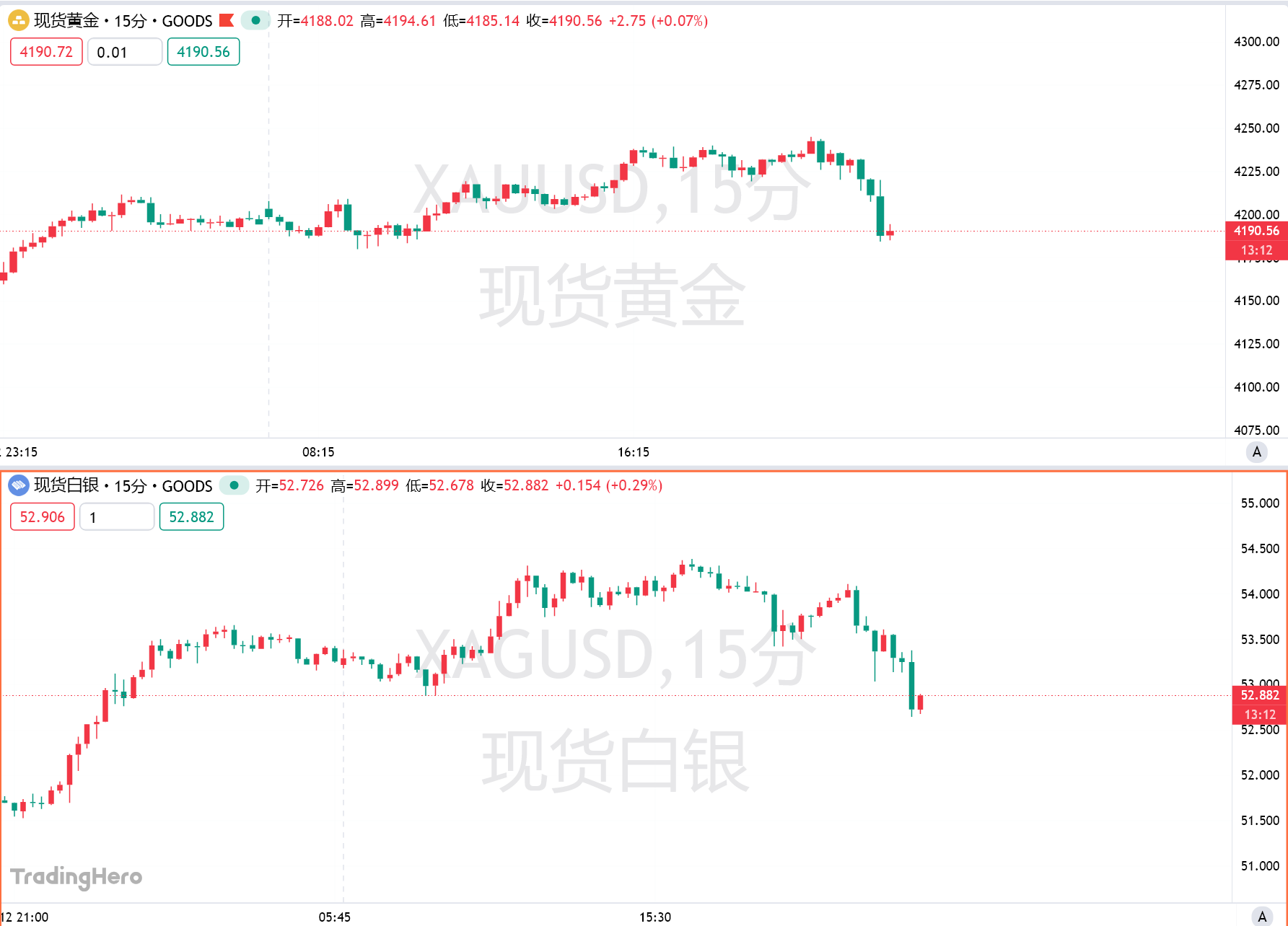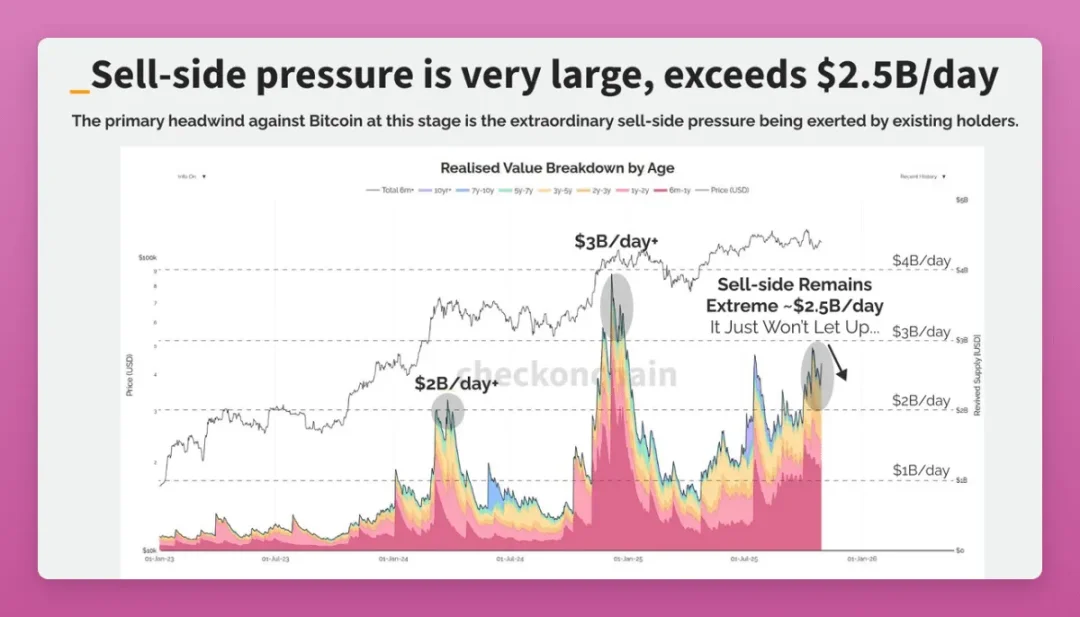Hungary enforces strict crypto restrictions, including penalties for unlicensed exchange users
Quick Take Hungary’s new law makes using unlicensed crypto exchanges a felony punishable by up to five years in prison and up to eight years for operators. Some international platforms like Revolut and Bitstamp have suspended services, and critics say the rules go far beyond EU MiCA requirements.

Hungarian authorities have introduced new restrictions on cryptocurrency trading, creating a legal grey area for an estimated 500,000 Hungarians who own digital assets.
A law was passed through parliament on June 17. It has been enforced since July 1, criminalizing the use of unlicensed exchanges and unauthorized high-value crypto trades, defined as transactions above 50 million Hungarian forints ($146,000) and up to 500 million forints ($1.46 million). Violators face up to two years and five years in prison, respectively, under the updated criminal code. Service providers face even harsher punishment, as rule-breaking could attract as much as eight years in jail.
The new rules , which put the Hungarian National Bank in charge of policing the sector, require all crypto-asset service providers operating in Hungary to obtain a license from the central bank to continue operations legally.
Holding bitcoin or other cryptocurrencies remains legal. The Supervisory Authority for Regulated Activities has yet to publish application procedures, leaving domestic firms in limbo and global exchanges no path to compliance. Revolut and Bitstamp have already reportedly halted crypto services for Hungarian residents in response.
Regulators say the rules align with the EU’s Markets in Crypto-Assets framework, adding extra safeguards such as a mandatory “conversion-validation certificate” for each trade. Some industry members counter that the penalties—far harsher than those in MiCA—and the absence of any licensing window look designed to stamp out trading rather than regulate it.
Hungarian officials have not commented on a timetable for releasing licensing criteria.
Disclaimer: The content of this article solely reflects the author's opinion and does not represent the platform in any capacity. This article is not intended to serve as a reference for making investment decisions.
You may also like
Mars Morning News | ZCash shielded pool assets reach 23% of total supply, network usage surges
The potential end of the U.S. government shutdown means the SEC and CFTC will resume crypto regulatory work. The SEC may prioritize support for tokenization businesses, while the CFTC plans to promote spot crypto trading. The Hello 402 contract has been exposed to risks of unlimited issuance and centralized manipulation. The probability of a Fed rate cut in December is 69.6%. Summary generated by Mars AI. The accuracy and completeness of this summary are still being iteratively updated by the Mars AI model.

The Federal Reserve pours cold water, December rate cut expectations plummet!
San Francisco Federal Reserve President Daly, who has consistently supported interest rate cuts, also sent a cautious signal on Thursday. Market expectations have quickly reversed, with short-term interest rate futures now showing only a 55% probability of a Fed rate cut in December...

Has sector rotation in the crypto market really failed?
With BTC maturing first, ETH lagging behind, and SOL still needing time, where are we in the cycle?

Prospects of Ethereum Protocol Technical Upgrade (1): The Merge
This article will interpret the first part of the roadmap (The Merge), explore what technical design improvements can still be made to PoS (Proof of Stake), and discuss ways to implement these improvements.

